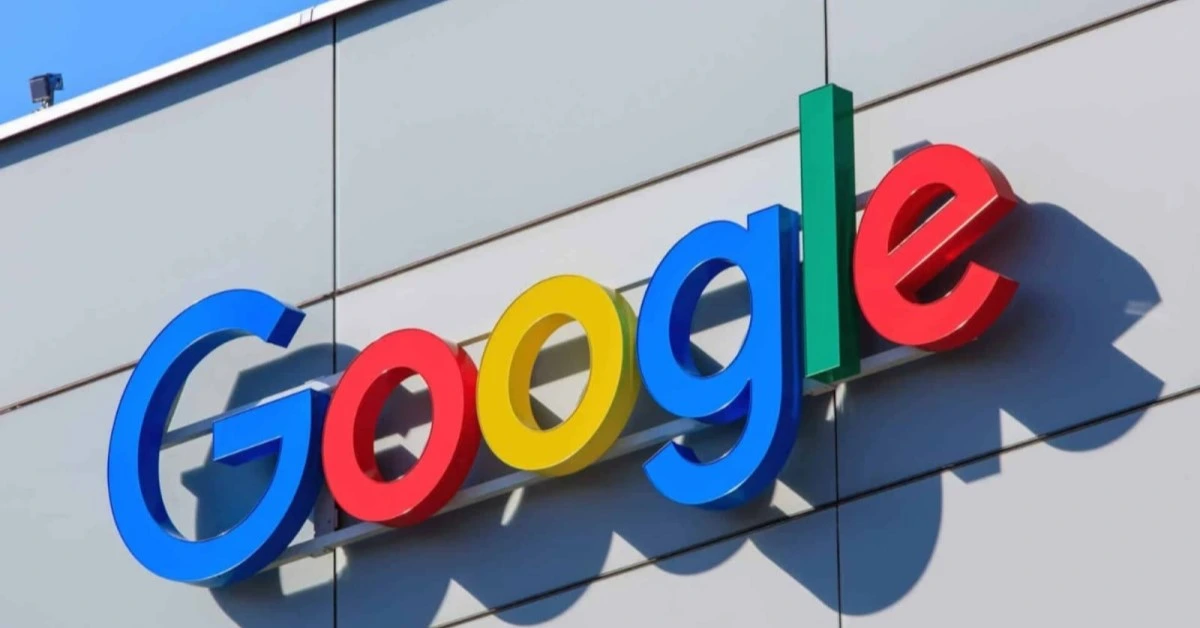
INDIA – Google has partnered with two Indian companies, Forus Health and AuroLab, to license its artificial intelligence (AI) model for detecting diabetic retinopathy.
This diabetes-related condition, if undetected, can lead to blindness. The partnership is part of Google’s broader initiative to apply AI to real-world healthcare challenges, particularly in resource-limited settings.
The collaboration, announced during the recent ‘Google for India’ event, will enhance screenings for diabetic retinopathy, which remains one of the leading causes of preventable blindness.
Google’s AI model will assist in nearly 60 lakh (6 million) screenings over the next decade, with a focus on reaching underserved communities across India.
This initiative aligns with Google’s commitment to deploying AI in areas like healthcare, agriculture, and sustainability to address key societal challenges.
Dr. Manish Gupta, Research Director at Google DeepMind, emphasized, “At Google, we’re not just building AI—we’re creating AI-driven solutions to improve lives and address the unique challenges faced by countries like India.”
Key Local Partnerships to Scale Impact
Google has partnered with Bengaluru-based Forus Health and AuroLab, the manufacturing division of Madurai’s Aravind Eye Hospital, to scale up screenings for diabetic retinopathy.
Through this collaboration, Google’s AI model will be licensed to both companies, alongside Thailand’s Perceptra, allowing them to deploy AI-assisted screenings in their respective regions.
The screening will be provided at no cost to patients, ensuring access to critical eye care services in communities where medical resources are limited.
K Chandrasekhar, CEO of Forus Health, expressed optimism about the partnership: “This collaboration brings AI-powered diabetic retinopathy screening to the forefront of eye care, leveraging our innovative retinal cameras to make a real difference in millions of lives.”
Local startups to drive AI model deployment
According to Sunny Virmani, Group Product Manager for Health AI Research at Google, Forus Health and AuroLab will independently operate, deploy, and maintain the AI model.
Both companies will work closely with local regulatory authorities to scale the screening program, which aims to significantly reduce the incidence of vision loss due to diabetes.
R.D. Sriram, Managing Director of AuroLab, added, “We are hopeful that this AI model will play a crucial role in preventing unnecessary vision loss for millions of people.”
Expanding AI beyond healthcare
In addition to healthcare, Google is also driving AI innovations in other sectors across India.
The company’s open-source machine learning model, CircularNet, is being used by Saahas Zero Waste, a Bengaluru-based enterprise, to improve plastic waste recycling.
This AI-powered solution helps sort recyclable materials with high accuracy, potentially diverting up to 90% of waste from landfills.
Google is also opening access to its Agricultural Landscape Understanding (ALU) Research API for Indian developers.
This tool will allow agritech startups to create precision agriculture solutions tailored to farmers’ unique field conditions, optimizing farm management practices and resource allocation.
Sujit Sanjeev, Lead of Google’s CircularNet project, highlighted the broader impact: “Our work with Saahas Zero Waste is a prime example of how circular ecosystems can transform waste management and contribute to a more sustainable future.”
XRP HEALTHCARE L.L.C | License Number: 2312867.01 | Dubai | © Copyright 2025 | All Rights Reserved